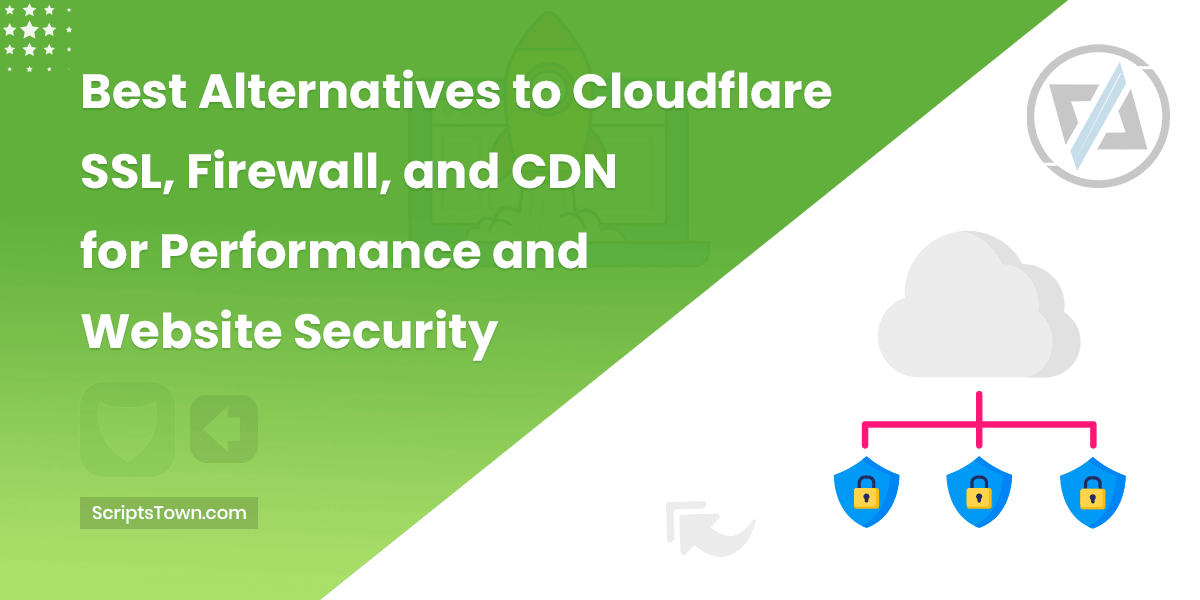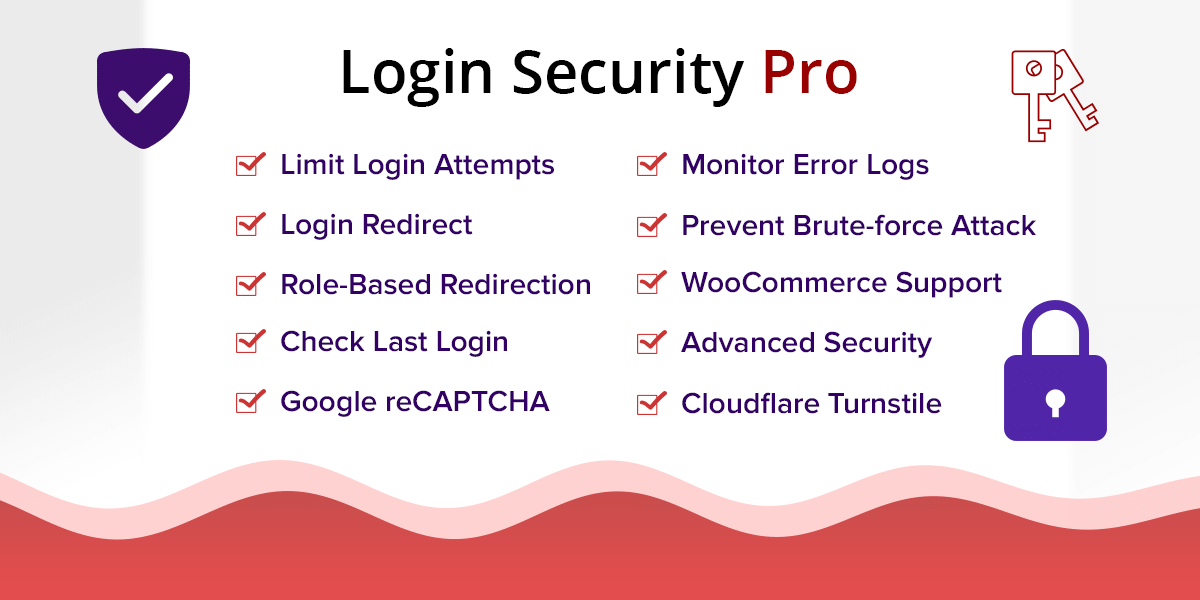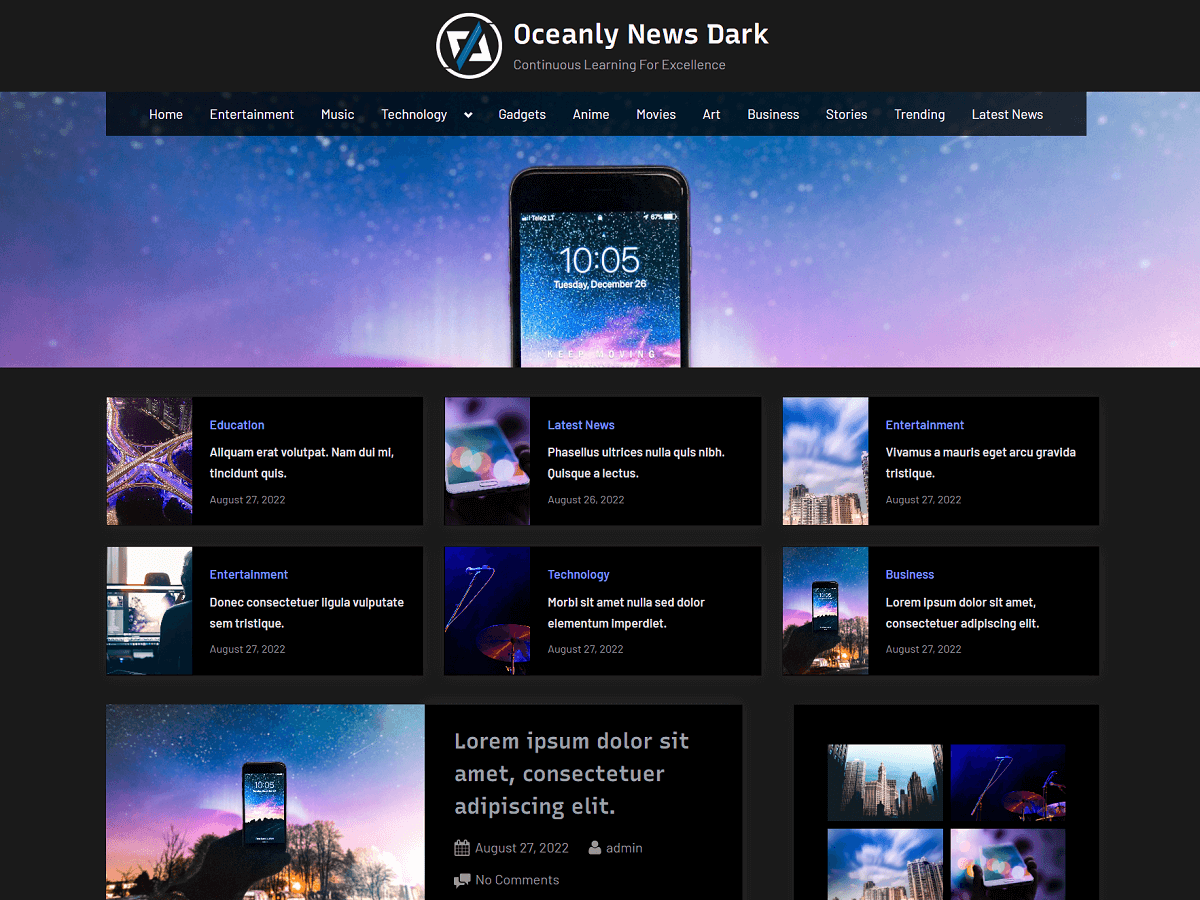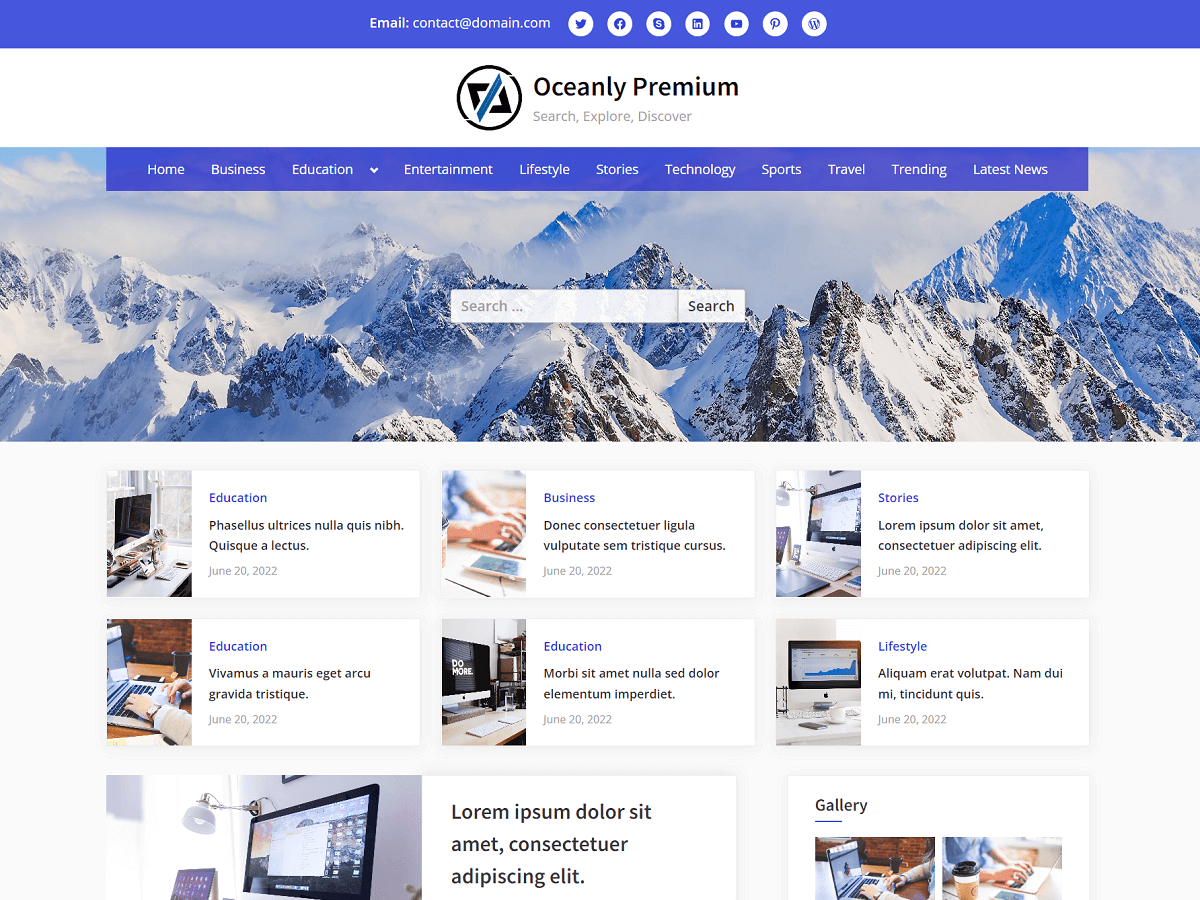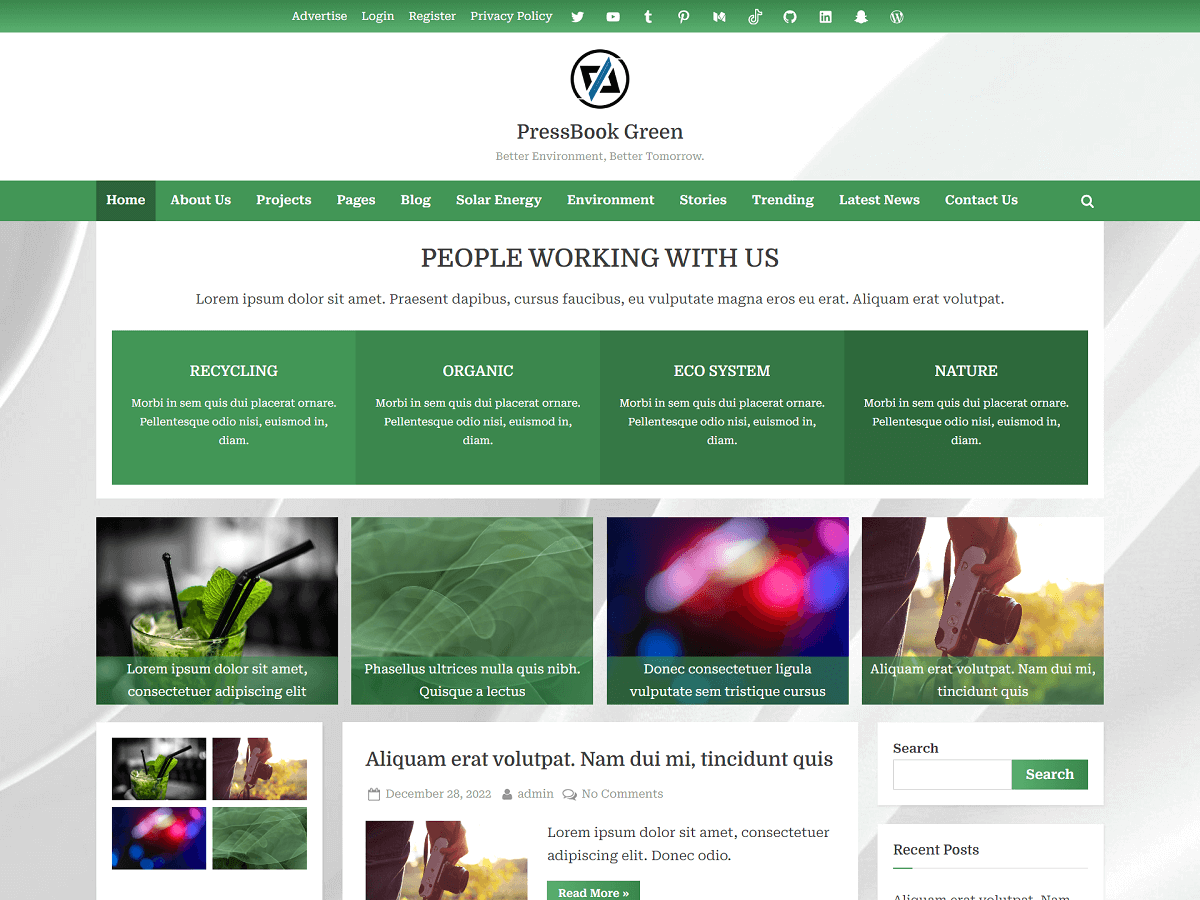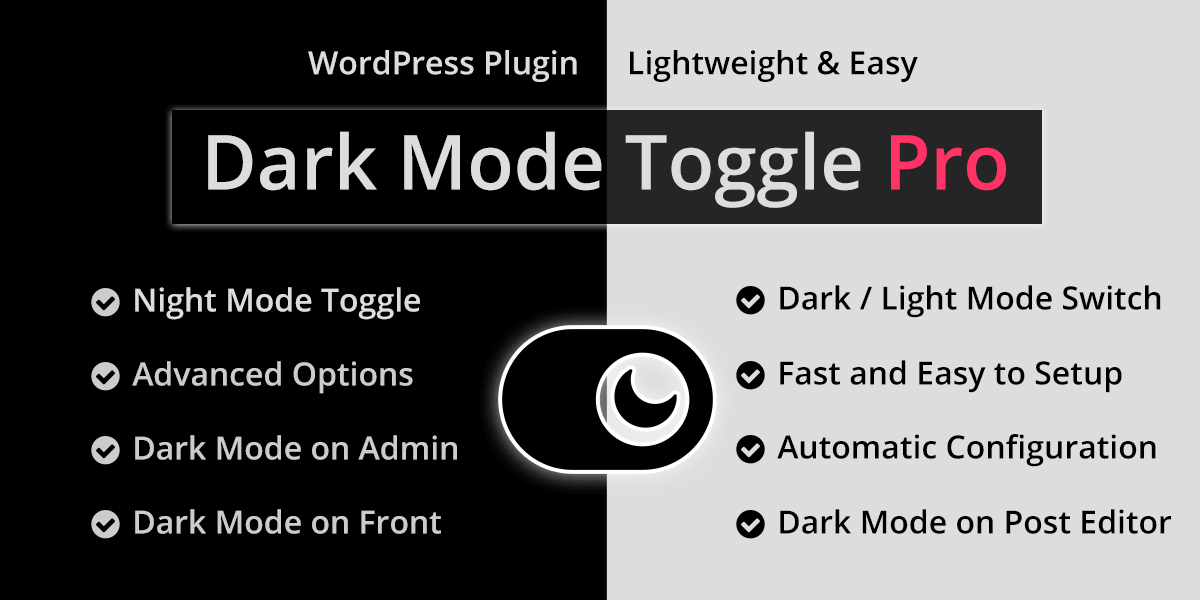Cloudflare offers comprehensive tools, but there are other options to consider that might better suit your specific needs. In this guide, we’ll explore the best alternatives to Cloudflare SSL, Firewall (WAF), and CDN services to improve website security and performance.
The alternatives to Cloudflare offer distinct and specialized features, either individually or as combined solutions to suit varying needs. We’ll explore each alternative, focusing on their specific strengths, the services they offer, and their unique features.
Let’s Encrypt SSL
If you are specifically looking for a free alternative to Cloudflare SSL certificate, then Let’s Encrypt SSL is an excellent choice. It is a widely trusted SSL certificate that is automated, free, and open certificate authority.
One major benefit of using Let’s Encrypt SSL is it provides automated certificate issuance and renewal, eliminating the complexity associated with manual management. Let’s Encrypt certificates are automatically renewed every 90 days. It supports wildcard certificates as well, so you can easily install it for multiple sub-domains.
Due to its popularity, it has easy integration with many popular web servers and control panels. This would allow you to quickly install a free SSL certificate for your domain or sub-domains with an automatic renewal feature.
Here are the main pros and cons of Let’s Encrypt SSL:
Pros:
- Free SSL certificates, easy to use, widely supported.
- Automated SSL renewal and a strong emphasis on security.
- Non-profit certificate authority.
- Let’s Encrypt certificates are trusted by all major browsers.
Cons:
- Limited Scope: Let’s Encrypt primarily focuses on SSL certificates and lacks integrated CDN or firewall features.
- Shorter certificate validity (90 days) but may not matter with automated renewal setup.
- Let’s Encrypt certificates do not offer extended validation (EV). This means that your website’s address bar will not display a company name.
- Let’s Encrypt certificates might not be the best choice for highly secure websites dealing with sensitive data, like financial or health information, that have specific compliance requirements.
CloudFront
Amazon CloudFront is a part of Amazon Web Services (AWS) that offers SSL/TLS encryption through its edge locations globally. It supports both custom and Amazon-issued certificates and allows you to choose the level of validation you require for your site.
Its integration with AWS Certificate Manager simplifies certificate management and provides automated renewals. Besides SSL certificates, Cloudfront also offers CDN services with fast and efficient content delivery having low latency. This makes it a very powerful alternative to Cloudflare’s CDN services.
Here are the pros and cons of CloudFront:
Pros:
- Integration with other AWS services like S3 buckets, EC2 instances, and Lambda.
- Scalable CDN solution that also offers configurable caching and content optimization settings to provide smart content delivery.
- Global edge locations with high performance, high availability, and low latency for content delivery.
Cons:
- Complex setup for beginners and pricing can be higher compared to other CDNs with additional costs for data transfer and requests.
- CloudFront, being a managed service within AWS, may offer less granular control over SSL settings and configurations compared to some dedicated SSL providers.
- Lacks Firewall: While CloudFront primarily focuses on CDN and SSL, it lacks a built-in firewall feature. However, you can combine it with AWS WAF, a robust Web Application Firewall, for advanced security measures. This is especially crucial given the various methods attackers use to bypass any basic or commonly used Web Application Firewall.
StackPath
Another great alternative to Cloudflare is StackPath, which provides SSL certificates and also integrates with its Web Application Firewall (WAF). Additionally, StackPath’s CDN optimizes content delivery through a global network of edge servers. This makes it an excellent alternative to Cloudflare SSL, CDN, and Firewall services.
The pros and cons of StackPath are as follows:
Pros:
- All-in-One Solution: StackPath offers SSL, CDN, and firewall (WAF) capabilities in a single package.
- CDN with global coverage and DDoS protection.
- Real-time insights reporting for website traffic, security incidents, and performance through analytics tools.
Cons:
- Higher pricing compared to some alternatives, limited free plan options.
- Limited customization options.
Fastly
Fastly is a high-performance CDN option that supports SSL for secure connections and swift content delivery. It offers real-time caching and instant purging capabilities. Also, it offers a firewall (WAF) that utilizes SmartParse to accurately assess the context and execution of each request, detecting any potentially malicious or abnormal payloads.
Here are some pros and cons of Fastly:
Pros:
- Fast content delivery with powerful edge computing capabilities.
- Real-time debugging and logs tools to troubleshoot website performance.
- Fastly’s edge scripting feature allows developers to implement custom logic directly at the network edge, enabling them to customize the behavior of their applications with greater efficiency and control.
Cons:
- Higher pricing for large-scale usage, limited customer support options.
Akamai
Akamai’s global CDN and cybersecurity offerings are among the industry’s best which makes it an alternative to Cloudflare’s enterprise solutions. It also integrates firewall capabilities for robust security and includes DDoS protection. This comprehensive package caters to both performance and protection, but it might be a higher-cost option.
Here are the pros and cons of Akamai:
Pros:
- Extensive network of edge servers for global coverage.
- Advanced caching as well as content delivery options.
- API security features and bot management tools.
Cons:
- Complex configuration for advanced features and large-scale deployments.
- Higher pricing for smaller websites.
Imperva
Imperva offers a Web Application Firewall with a focus on security. It offers SSL and CDN services as well. It also provides user-friendly dashboards and customizable alerts which allows security teams to manage and respond to threats effectively.
The main pros and cons of Imperva are as follows:
Pros:
- Advanced bot protection and behavioral analytics.
- Threat intelligence and attack pattern recognition offer real-time protection against the latest threats.
Cons:
- The price is high for comprehensive security packages.
- The complexity of setup is high for beginners.
Sucuri
When security is your primary concern, Sucuri specializes in website protection. Its Web Application Firewall (WAF) serves as a formidable defense against malware and hacking attempts. Securi provides continuous monitoring and vulnerability scanning, that promptly identify and address potential security weaknesses.
Following are the pros and cons of Sucuri:
Pros:
- Provides effective protection against malware and DDoS attacks.
- Continuous monitoring and scanning for vulnerabilities.
- Incident response and cleanup services.
Cons:
- Limited CDN capabilities: Sucuri’s focus on security doesn’t include a built-in CDN for content delivery.
- Additional costs for advanced security features.
KeyCDN
KeyCDN offers a reliable content delivery network with a focus on simplicity and affordability. It comes with a user-friendly control panel for content delivery setup and management. It’s an alternative to Cloudflare for CDN needs.
Following are the pros and cons of KeyCDN:
Pros:
- Pricing is affordable with a pay-as-you-go model.
- Simplicity: KeyCDN’s straightforward approach makes it easy to set up and manage.
- Real-time logs and analytics for better insights.
Cons:
- Limited edge server locations, and fewer advanced security features.
- Lacks a dedicated WAF for advanced security so integration with other solutions might be necessary.
AWS WAF
If you’re already using AWS, their WAF service can help protect your web applications. It’s a logical choice if you’re invested in the AWS ecosystem. AWS WAF offers pre-configured rule sets for common security threats, such as SQL injection and cross-site scripting (XSS).
You can set up rate-based rules to block or throttle requests from specific IP addresses or user agents. Also, you can block or allow requests based on the geographic location.
AWS WebACL (Web access control lists) enables you to capture detailed logging of web application traffic, which allows you to monitor traffic patterns and detect anomalies.
The pros and cons of AWS WAF are as follows:
Pros:
- Integration with AWS resources such as Amazon CloudFront, AWS Application Load Balancers, API Gateway, AWS Shield for DDoS protection, etc.
- Flexibility to fine-tune or create custom rule sets.
- Granular access controls and IP whitelisting/blacklisting.
- Real-time monitoring: CloudWatch integration for real-time monitoring and alerts.
Cons:
- Costs: Expenses can escalate with extensive protection and high traffic.
- Primarily protects resources within AWS, not ideal for multi-cloud setups.
Summary
In summary, these alternatives offer either an individual feature or a combination of various features and services that Cloudflare provides. It is also possible to combine features or services that you want such as SSL, CDN, or firewall from multiple providers.
In addition, you can also implement caching and security solutions on the application level as well. As an example, for a WordPress-based website, you can make sure of any captcha security plugin, caching plugins like Autoptimize, and firewall plugins like Wordfence.
Many development agencies specialize in setting up firewall security and CDN services for your website. If you’re looking for professional assistance in setting up firewall security and CDN services, a dedicated development team can help you implement the ideal combination of these services, along with the expertise and support you need to ensure your website is well-protected and delivers content seamlessly.
You can find the specific features like SSL, CDN, or Firewall / WAF that each alternative of Cloudflare provides in a tabular view below.
| Cloudflare Alternative | SSL Provider | CDN Service | Firewall / WAF |
|---|---|---|---|
| Let’s Encrypt SSL | Yes | – | – |
| CloudFront | Yes | Yes | – |
| StackPath | Yes | Yes | Yes |
| Fastly | Yes | Yes | Yes |
| Akamai | Yes | Yes | Yes |
| Imperva | Yes | Yes | Yes |
| Sucuri | Yes | – | Yes |
| KeyCDN | – | Yes | – |
| AWS WAF | – | – | Yes |

